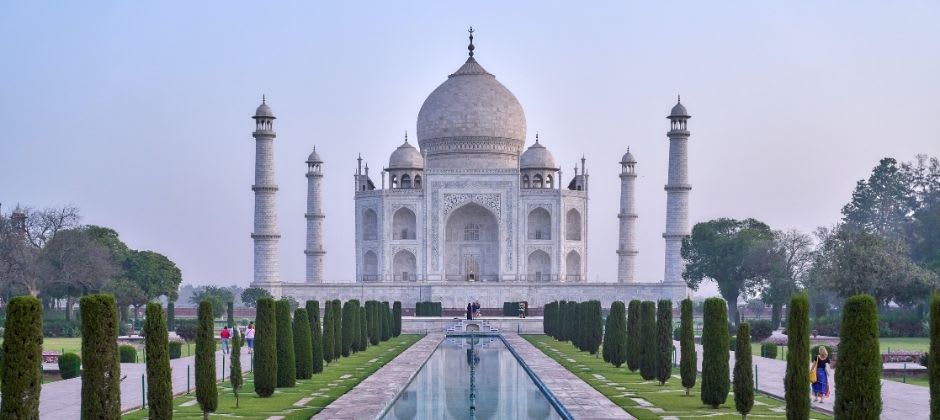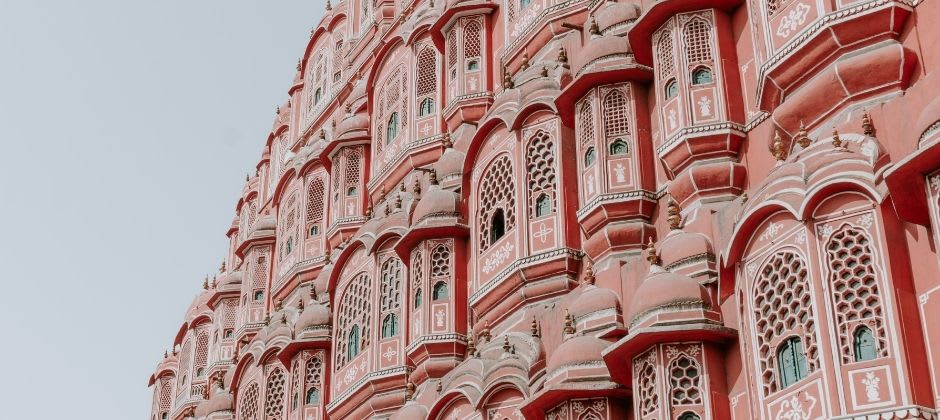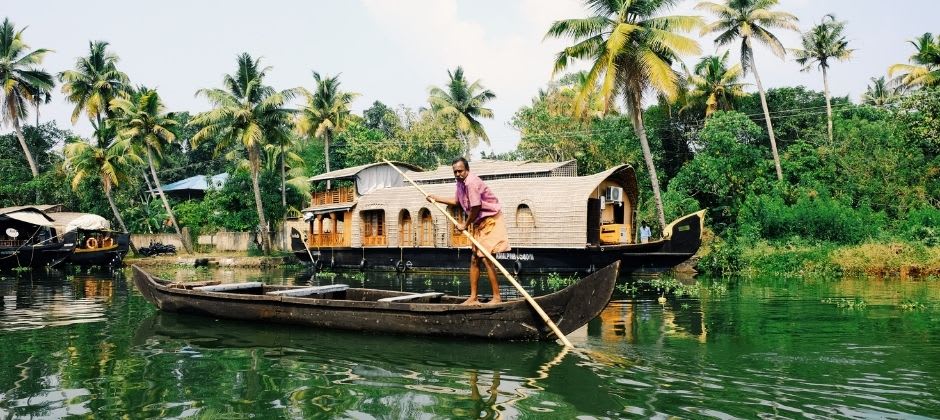Study in India: Student Visas and Permits
Unless you hold a Bhutanese or Nepalese passport, you’ll need a visa to study in India. You’re also visa-exempt if you hold Overseas Citizen of India status or a Person of Indian Origin card, as these give you many of the same rights and benefits as full citizenship. Fortunately, for everyone else, India makes the whole process about as simple and straightforward as it can be.

IMPORTANT: Your passport must be machine-readable. If it’s not, you’ll be denied entry to India, even if you have the right visa.
Unless you hold a Bhutanese or Nepalese passport, you’ll need a visa to study in India. You’re also visa-exempt if you hold Overseas Citizen of India status or a Person of Indian Origin card, as these give you many of the same rights and benefits as full citizenship. Fortunately, for everyone else, India makes the whole process about as simple and straightforward as it can be.
Firstly, you must have written confirmation of your admission to an Indian school. Schools normally provide this in both Hindi and English. The English version is recommended for this application. The course must be at least six months long. You’ll also need to provide evidence of how you will get a realistic amount of money to live off without having to work in India.
You’ll also need to obtain a No Objection Certificate from the Ministry of Health, showing that you’re in rude health. You can get this by sending medical documents to the Ministry in good time. If you’re not from an Anglophone country, your documents will need to be translated into either Hindi or English, depending on in which language you’re making the application.
You must also provide a written statement that you don’t have any family members in India or any Indian family living in another country. If you do, they must co-sponsor your student visa alongside your school.

Remember to make sure that any translations are notarized. Even if you can do it yourself, don’t.
Indian study visas are valid for a maximum of five years. There is a fee of between $13 and $118 depending on your citizenship. Your passport is what counts, not your country of residence. This fee is normally paid in USD. INR is not actually accepted in some countries. Increasingly, Indian consulates, embassies and visa centers prefer card payments.
You must first leave India if you decide to apply for a work permit after your studies.

Unlike with other types of Indian visas, you’re free to arrive in the country through any point-of-entry as long as it’s not on India’s borders with China or Pakistan.
Despite the Indian government’s claims to the contrary, previous travel to Pakistan can lengthen the visa application process. Additionally, those with dual nationality must apply using their Pakistani passports. Those of Pakistani descent who don’t hold a passport must hold a National Identity Card for Overseas Pakistanis (NICOP) and must clearly state this and give details of it in their application. Anyone who is Pakistani or of Pakistani descent will need security clearance before a visa can be granted. This clearance is given internally by the Ministry of Home Affairs.
Study in India
India is a country with a world-famous cuisine, magnificent architecture and a welcoming atmosphere. This section tells you more about this vast country.
Education in India
Want to learn about how the higher education system works in India? India is a great destination for a variety of students, given its good programs, lower fees and its world-renowned culture and history. Take a minute to find out more about the structure of the education system in India!
Housing & Living Costs
No matter where you study abroad, it’s important to create a budget in advance so that you’re prepared. Therefore, we’ve detailed average living and housing costs so that you can get a better idea of what you would be paying as a student in India.
Tuition Fees & Scholarships
Tuition fees for degree programs in India are fairly similar. Both international and domestic students are expected to pay tuition fees in India. We've put together information on how this works, and on scholarships, in this section.
Language & Culture
India is a country rich in history and culture. Find out more about what the country offers in terms of language, culture, and more! We also talk about how to stay safe in India in this section.
Application Process
Learn more about how to apply to Indian schools and the documentation you need to do it in this section.
Programs
Ready to look at education in India? Use our search engine to find and compare top programs in India today!

Keystone Team
Author
The Keystone Team is comprised of experienced educators and advisors dedicated to providing valuable resources and advice to students all over the world.